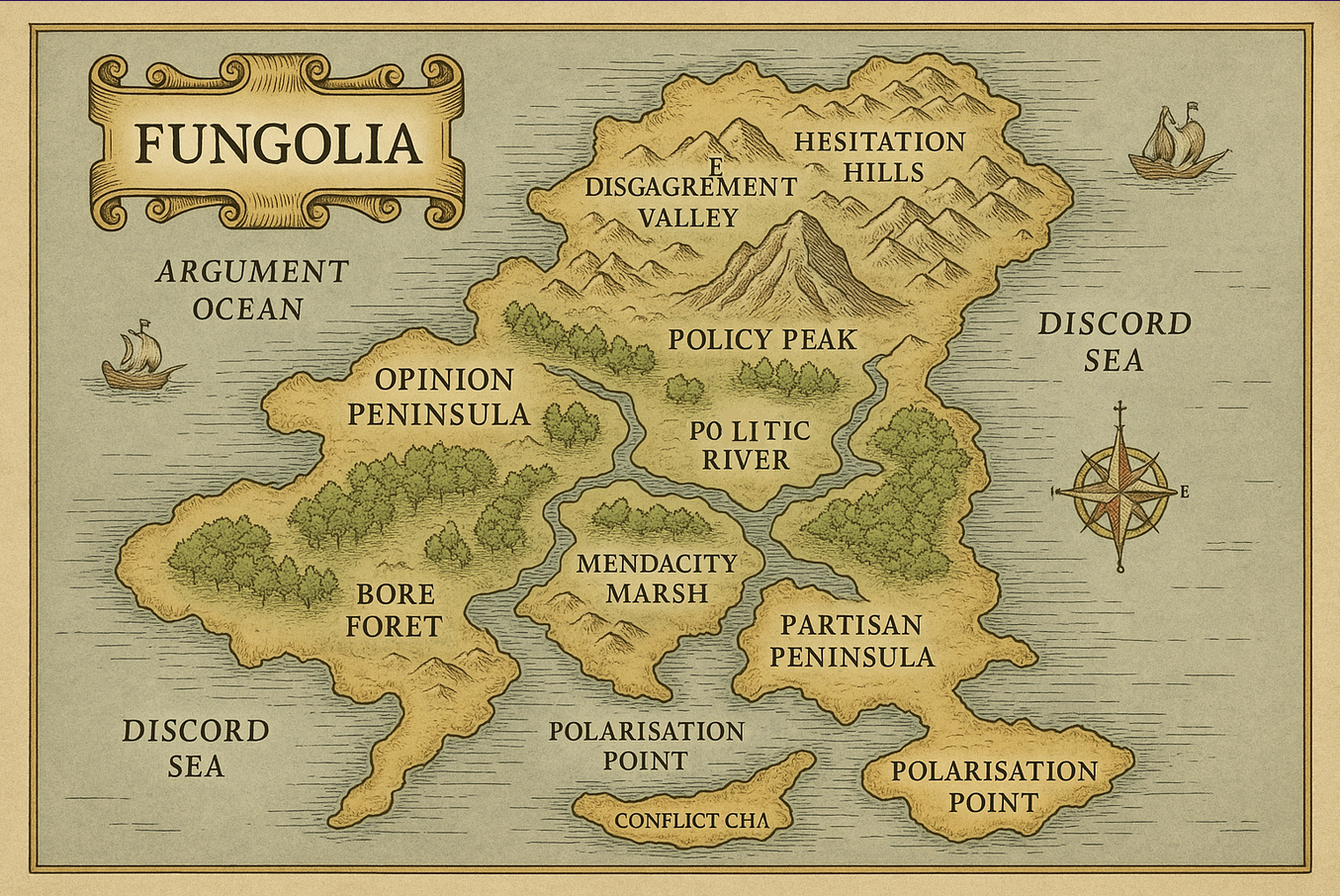Zero-Sum politics in a world of sacrificial districts
In The Hunger Games, twenty-four children are forced to kill each other while the elites applaud. It was sold as dystopian fiction. The trouble is, it is looking more like current affairs with every passing news cycle. The real world, too, is structured like a zero-sum game, where one person’s gain is another’s loss. There are no mutual wins here, only trade-offs, casualties, and very profitable illusions. This article contends that global power operates not unlike the Capitol’s arena: a ritualised battleground in which marginalised regions, Gaza, the Congo, Yemen, Ukraine, are sacrificed to maintain the illusion of order and the comfort of hegemony. The names change. The rules do not. ...



